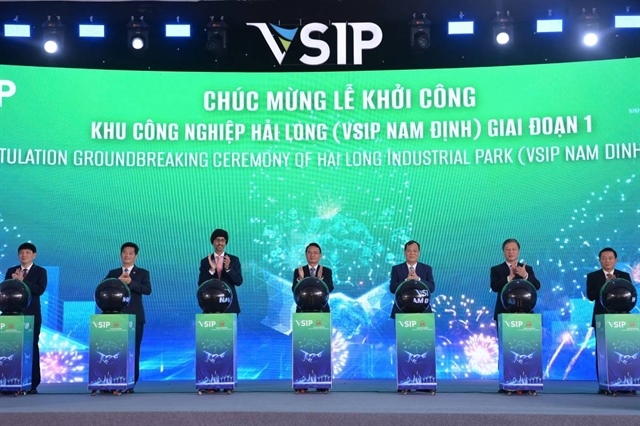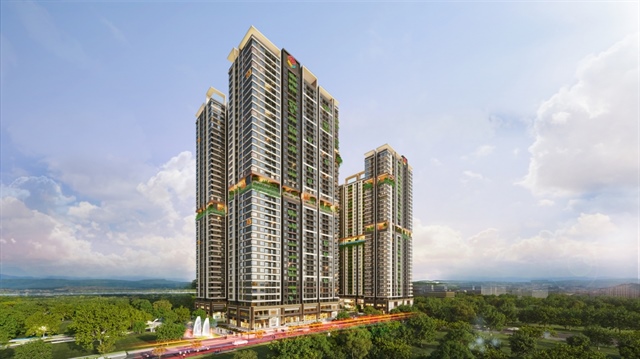Vietnam to benefit from industrial expansion
Vietnam to benefit from industrial expansion
Vietnam and Indonesia are standing to benefit the most in Southeast Asia from expanded industrial projects.
According to Stephen Wyatt, country head of JLL Vietnam, the company sees an increasing number of companies looking to relocate from China due to higher labour costs and a challenging business environment.
“Vietnam is looking to take advantage of the current market conditions and is making a big push to establish itself as the next manufacturing hub for Southeast Asia,” said Wyatt.
“A number of key factors are helping to attract companies, including lower labour costs, economic zones (EZs) offering tax incentives, and the signing of free trade agreements (FTA’S) including the EU, Korea, and most recently the CPTPP,” Wyatt said.
Meanwhile, challenges still remain with the lack of good quality infrastructure and unnecessary bureaucratic red tape. However, JLL believes there is considerable upside in the industrial and logistics sectors in the coming years and they expect to see strong demand from investors, developers, and manufacturers continue, he added.
Japan and Australia remain the key core markets for logistics property in the Asia-Pacific, while China—although not as transparent—has matured rapidly and boasts a substantial stock of modern assets. However, developers and investors active in these key markets are now seeking growth elsewhere in the region.
US-based private equity firm Warburg Pincus recently formed a joint venture with Becamex IDC Corporation to develop institutional-grade industrial and logistics properties across Vietnam.
The shift of manufacturing bases away from markets like China, coupled with the rapid rise of domestic consumption means the Vietnamese industrial real estate market is in the ‘early innings’ and at an inflection point for outd growth,” said Jeffrey Perlman, head of Southeast Asia at Warburg Pincus.
Investors like Warburg Pincus are heading to developing logistics markets because of the yield arbitrage and maturing local economies, according to Michael Fenton, JLL’s head of Industrial Division in Australia.
"The domestic demand and e-commerce are the key drivers for the interest in logistics real estate in markets like India and Indonesia," said Fenton. “The growth of logistics in developing markets is being driven domestically, especially by the needs of e-commerce. India is talked about a lot at the moment. The introduction of a goods and services tax and a formal Real Estate Investment Trust market, means the country will have a more transparent real estate system, which will be of more appeal to foreign investors.”
Large logistics developers are expanding their operations in developing economies in response to these shifting demographics and evolving retail.
Trent Iliffe, joint managing director of LOGOS Property, which is growing in Southeast Asia and India, explained: “For LOGOS, entering new markets such as India and Indonesia is driven entirely by our customers—third-party logistic firms and retailers—who need modern logistics properties to support their business in those countries.”
All three markets have large populations (India has 1.3 billion people, Indonesia 260 million, and Vietnam 93 million) and growing middle classes, which allow operators the scale to build a business and investors more liquidity.
The main barrier to logistics investment in these countries is the lack of suitable infrastructure, especially in Indonesia and India, where reliable road and power access is not guaranteed. Furthermore, while there are some local developers of logistics space, there is little modern stock. “You have to create the product yourself,” said Fenton.
"There are added complexities in developing markets, such as political, execution, and liquidity risks, adds Iliffe. Access to land can be difficult, but that is no different from any market," he said. “Furthermore, we have seen these markets mature in the past 12 months, which has made us much more comfortable with future liquidity.”
“Future markets for us are likely to be the Philippines, Thailand, and Vietnam, partially driven by their large population, as we support our customers’ growth strategies,” he added.
























